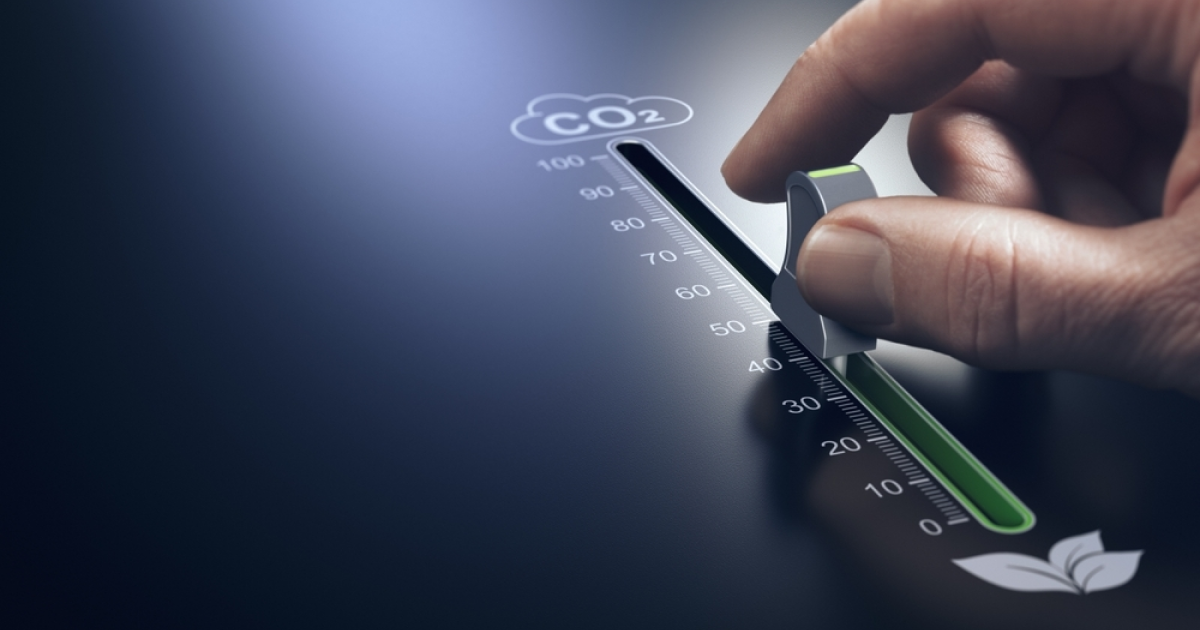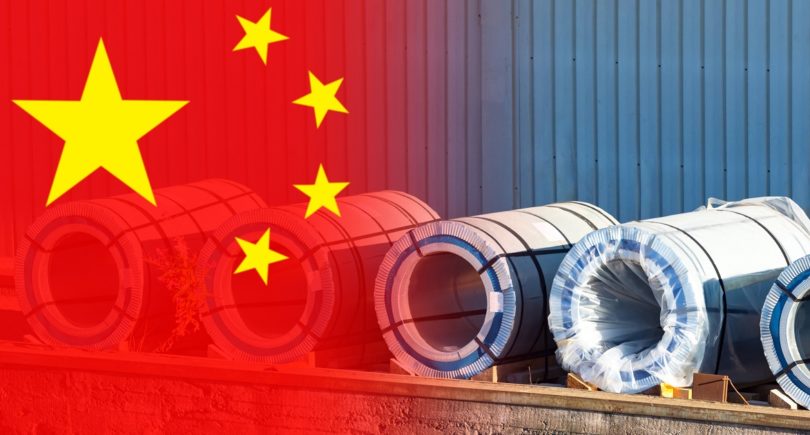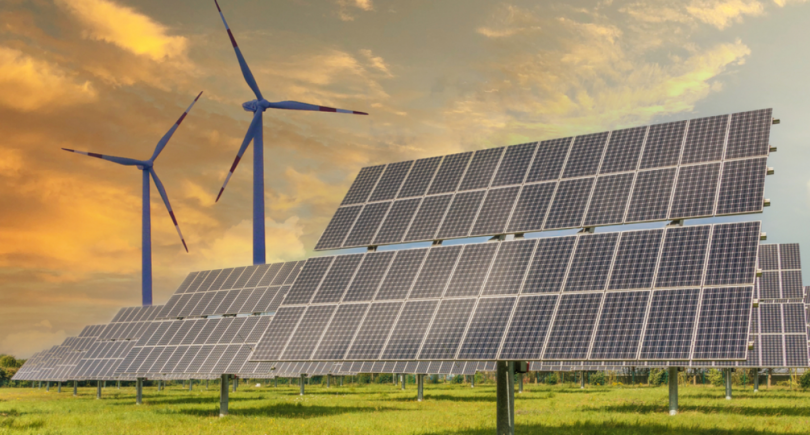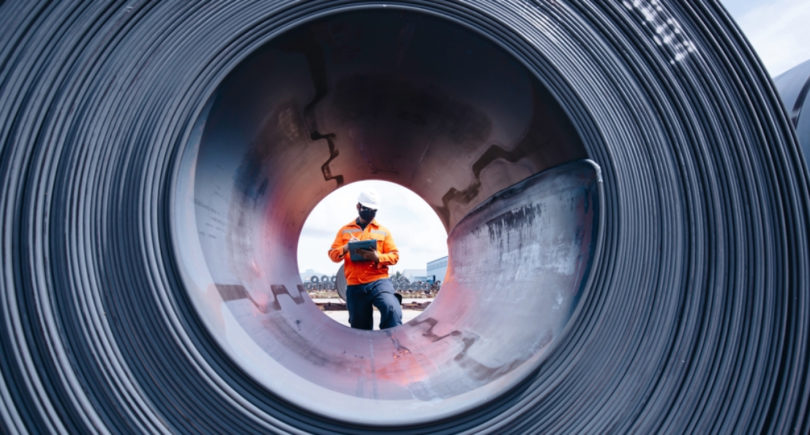
News Global Market CBAM 1353 26 February 2024
The mechanism may lead to a decrease in the volume of Asian exports to the European Union
The EU’s intention to impose tariffs on carbon-intensive imports could hurt developing Asian countries, but is unlikely to lead to a significant reduction in greenhouse gas emissions. This is stated in a report by the Asian Development Bank (ADB), according to Reuters.
CBAM according to the ADB, is designed to prevent «carbon leakage» from the EU when companies move production from countries with strict environmental regulations or high emissions costs to countries with more lenient policies. It should also level the playing field for foreign suppliers and European manufacturers.
The ADB expects CBAM to lead to a reduction in Asian exports to the European Union, especially from Western and Southwest Asia, with steel from India likely to be hit hard. However, any small reduction in emissions will be quickly offset by further growth in carbon-intensive production in the Asian region. At the same time, mechanisms for sharing emission reduction technologies will be more effective.
«It’s a relatively limited policy at the moment. It only covers imports into the EU and six sectors,” noted Neil Foster-McGregor, ADB Senior Economist.
The expert added that, given the way production scales are increasing, even if CO2 pricing is introduced globally, emissions will still increase without fundamental changes in technology.
Foster-McGregor estimates that the CBAM could generate about €14 billion in revenue by 2030, and these funds should be used to provide climate finance to developing countries to decarbonize production.
One of the goals of the CBAM was to encourage non-EU countries to adopt stricter climate policies. India has already discussed the possibility of introducing an export tax on products going to the European market that fall under the mechanism. China is expanding its emissions trading system to cover export sectors such as steel. However, both countries are critical of the European CBAM.
In addition, analysts at the Asian Development Bank believe that the cross-border carbon adjustment mechanism could increase the cost of raw materials, such as steel and fertilizers, for EU downstream companies and may even give them an incentive to move more capacity abroad, including to Asia.
The European CBAM poses the greatest risks to Indian steelmakers due to high sales in the region and increased emissions at the country’s steel mills. Goldman Sachs Investment Bank made this assessment in its report. In addition, the EU’s decision to introduce a tax on carbon-intensive imports under the mechanism starting in 2026 could seriously affect Chinese steel and aluminum producers.



